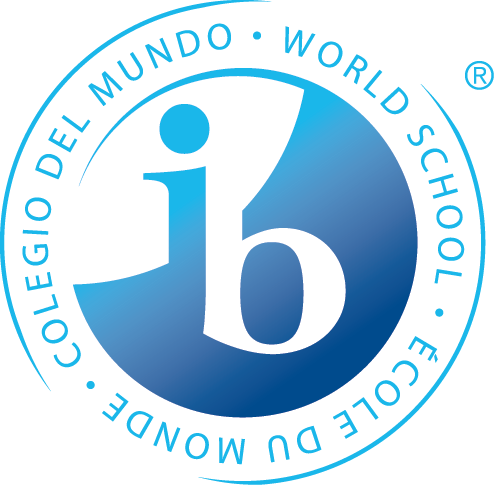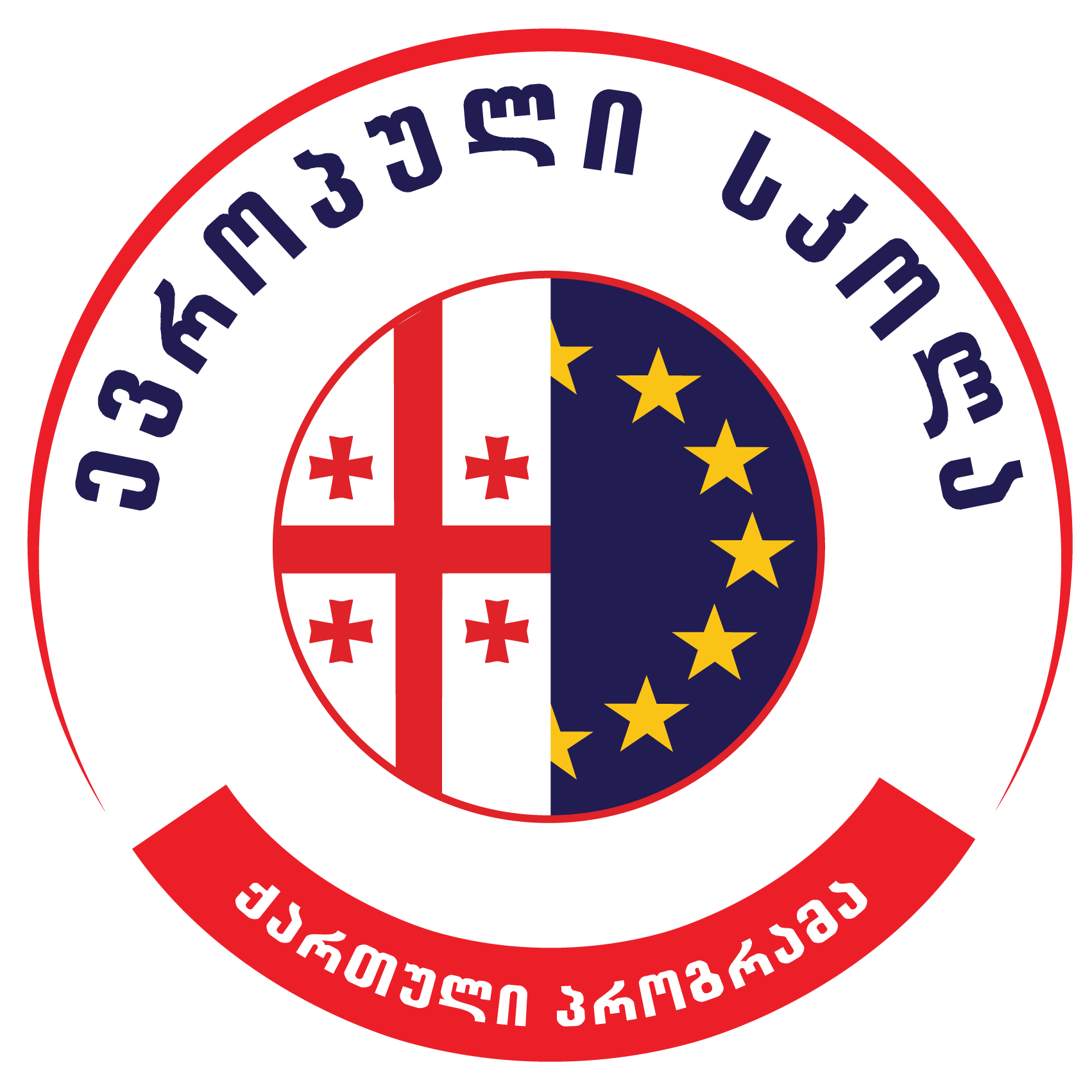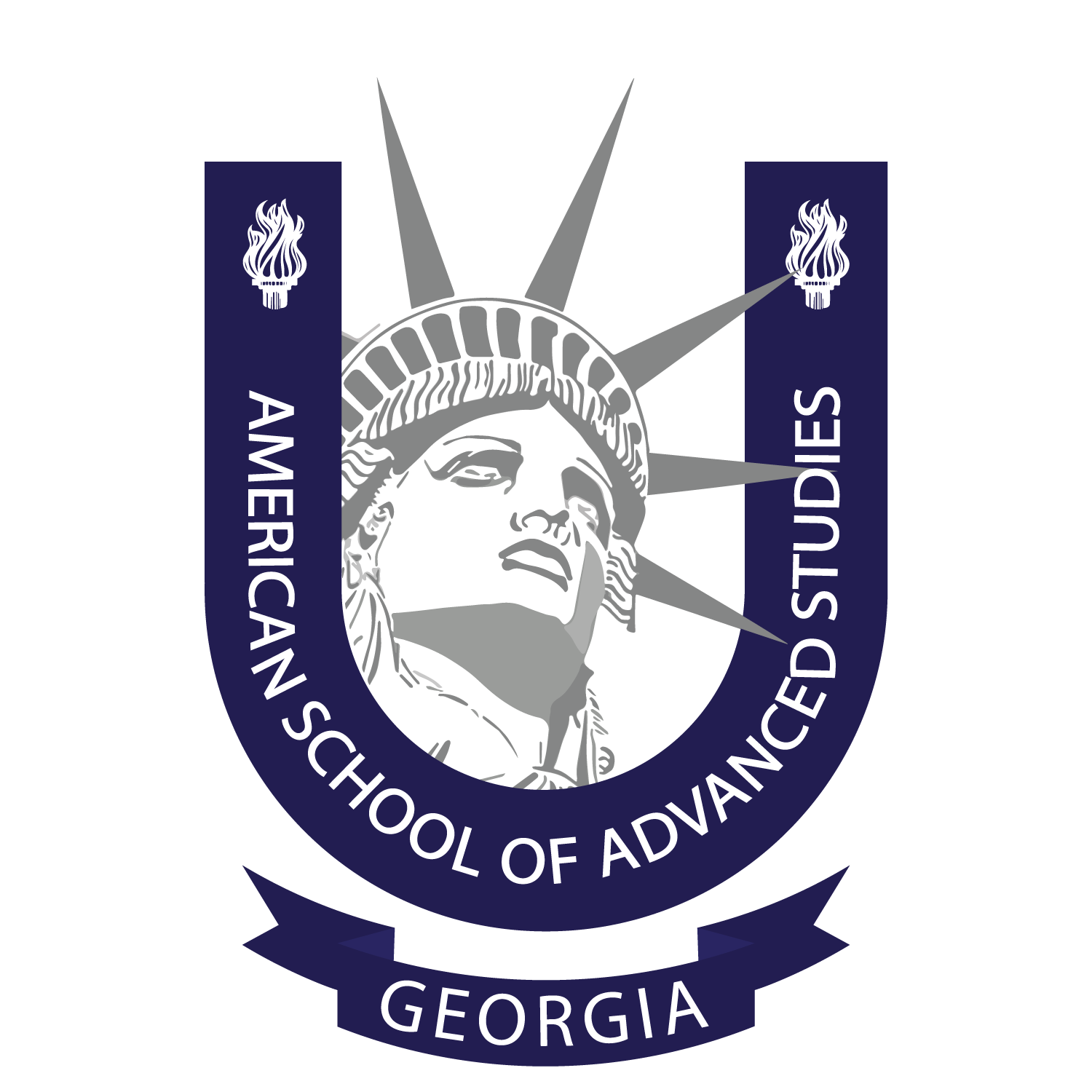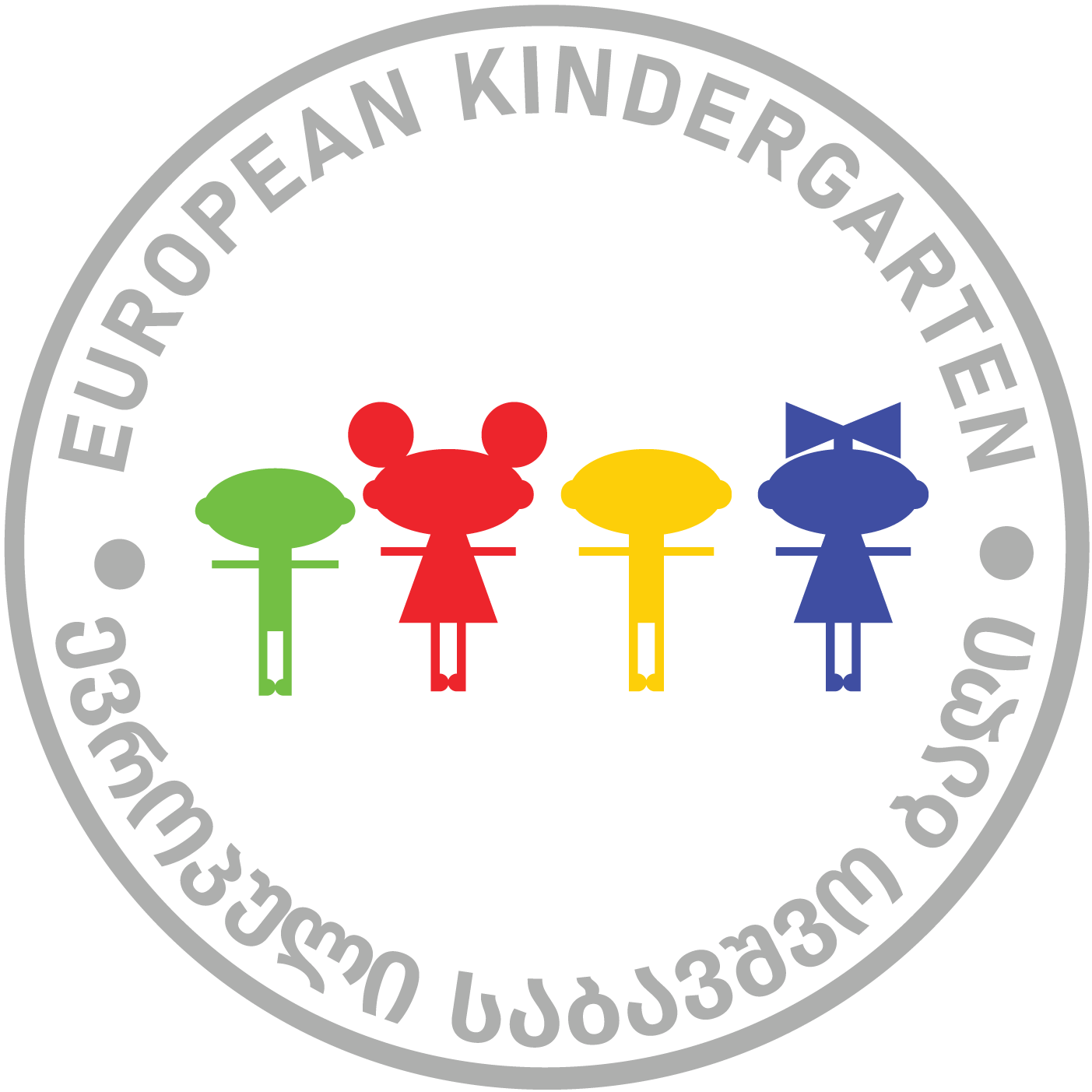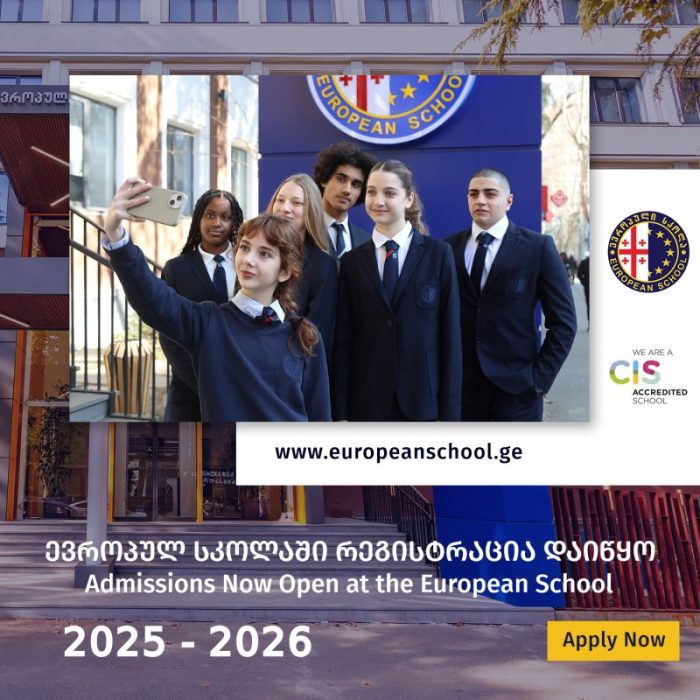DP
What is the IB Diploma Programme?
The IB Diploma Programme (DP) is a very well established, academically challenging and highly regarded international qualification that prepares students, aged 16 to 19, for success at university and life beyond. It has been designed to address the intellectual, social, emotional and physical well-being of students. The programme, has gained recognition and respect from the world’s leading universities.
The Diploma Programme curriculum effectively prepares students holistically for rapidly developing world not only academically, but supports them to develop their personal and social skills. DP strategy is fairness and development of inclusive and diverse communities supporting students to flourish physically, intellectually, emotionally and ethically. DP leads students through innovation as lifelong learners and facilitates acquisition of global citizenship letting them explore the nature of knowledge.
IB Diploma Programme students:
- Develop physically, intellectually, emotionally and ethically.
- Acquire breadth and depth of knowledge and understanding, studying courses from 6 subject groups.
- Develop the skills and a positive attitude toward learning that will prepare them for higher education.
- Study at least two languages and increase understanding of cultures, including their own.
- Make connections across traditional academic disciplines and explore the nature of knowledge through the program’s unique theory of knowledge course.
- Undertake in-depth research into an area of interest through the lens of one or more academic disciplines in the extended essay.
- Enhance their personal and interpersonal development through creativity, action and service.
What is special about the IB DP?
The IB Diploma makes sure that students do not specialize before they go to university.
Diploma Programme Curriculum
IB Diploma Programme students must choose one subject from each of five groups (1 to 5), ensuring breadth of knowledge and understanding in their best language, additional language(s), the social sciences, the experimental sciences and mathematics. Students may choose either an arts subject from group 6 or a second subject from groups 1 to 5.
At least three and not more than four subjects are taken at higher level (240 teaching hours), while the other subjects are taken at standard level (150 teaching hours). Students must choose a range of subjects, i.e. the objective of the IB is to encourage breadth as well as depth across the curriculum. Students can study and take examinations in English.
In addition to disciplinary and interdisciplinary study, the Diploma Programme features three core elements that broaden students’ educational experience and challenge them to apply their knowledge and skills.
The IB DP at the European School
The European School is the first school in Georgia, which was authorized to offer IBDP in December 2009 and became an IB World School. Highly professional and dedicated teachers have been doing their best to implement this rigorous curriculum in the school and raise the awareness of local community towards the international education. The IB DP at the European School offers a broader education: there are six subject groupings and students have to take a subject from each of the first five. In practice this means that IB students have to study literature in their own language, a second language, a social science subject, a science and mathematics. It is possible to take one of these subjects as the sixth option or, instead, take an additional science, an additional language or an additional social science subject. This flexibility means that it is possible to take Biology, Chemistry and Mathematics – if you want to study medicine – plus literature, a language and a social science subject.
The Diploma Programme CORE
The extended essay (EE) is a 4 000-word research and one of the IBDP core elements. Students master the independent research and investigate a topic of special interest to them, which is also related to one of the student’s six DP subjects. They formulate an appropriate research question, explore it through an in-depth study, which develops in students the capacity to analyses, synthesize and evaluate knowledge and prepares them well for higher education.
Theory of knowledge (TOK) is a thoughtful and purposeful inquiry into different ways of knowing, and into different kinds of knowledge providing an opportunity for students to reflect on the nature of knowledge, and on how we know what we claim to know. In this course on critical thinking, students inquire into the nature of knowing and deepen their understanding of knowledge as a human construction.
The TOK course is assessed through an oral presentation and a 1600-word essay. The presentation assesses the ability of the student to apply TOK thinking to a real-life situation, while the essay takes a more conceptual starting point.
Creativity, action, service (CAS) is at the heart of the Diploma Programme. It is one of the three essential elements in every student’s Diploma Programme experience. It involves students in a range of activities alongside their academic studies throughout the Diploma Programme. The three strands of CAS, which are often interwoven with particular activities, are characterized as follows.
Creativity encourages students to engage in the arts and other experiences that involve creative thinking.
Action seeks to develop a healthy lifestyle through physical activity complementing academic work elsewhere in the Diploma Programme.
Service with the community offers a vehicle for a new learning with academic value. It is an unpaid and voluntary exchange that has a learning benefit for the student. The rights, dignity and autonomy of all those involved are respected.
CAS enhances students’ personal and interpersonal development through experiential learning. At the same time, it provides an important counterbalance to the academic pressures of the rest of the Diploma Programme. A good CAS programme should be both challenging and enjoyable, a personal journey of self-discovery. Each individual student has a different starting point, and therefore different goals and needs, but for many their CAS activities include experiences that are profound and life-changing.
